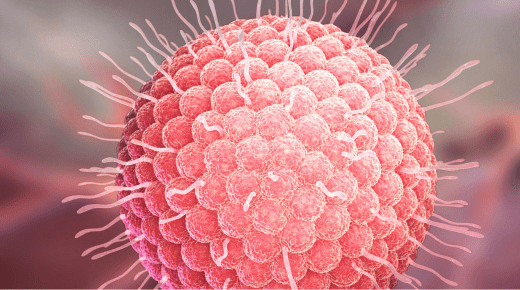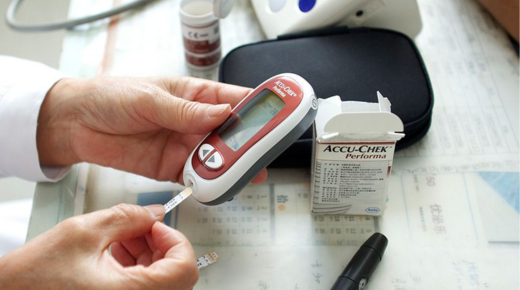
Chickenpox is a highly contagious viral infection caused by the varicella-zoster virus. It primarily affects children, but adults can also contract it. One common concern is how long the virus can survive on surfaces and remain infectious. Understanding this can help in preventing the spread of the disease.
Understanding the Chickenpox Virus
Before delving into how long the virus can survive on surfaces, it’s essential to understand the nature of the chickenpox virus. Varicella-zoster virus is highly contagious and spreads through respiratory droplets or direct contact with the fluid from the blisters of an infected person.
Survival of the Virus on Surfaces
Research indicates that the varicella-zoster virus can survive on surfaces for a limited period. However, the exact duration can vary depending on various factors such as temperature, humidity, and the type of surface.
Duration of Survival
On surfaces such as countertops, toys, and clothing, the chickenpox virus can remain infectious for a relatively short duration. Studies suggest that it can survive for up to several hours to a few days.
Factors Affecting Survival
Several factors influence how long the virus can survive on surfaces. Higher temperatures and humidity levels tend to decrease the survival time of the virus. Conversely, colder and drier environments can prolong its viability.
Surface Type
The type of surface also plays a crucial role in determining the survival of the virus. Non-porous surfaces like metal and plastic tend to harbor the virus longer compared to porous surfaces such as fabric or paper.
Preventing Transmission
To minimize the risk of transmission through contaminated surfaces, it’s important to maintain good hygiene practices. Regularly disinfecting commonly touched surfaces can help kill the virus and reduce its spread.
Hand Hygiene
Frequent handwashing with soap and water is one of the most effective ways to prevent the transmission of the chickenpox virus. Encouraging proper hand hygiene among children and adults can significantly reduce the risk of infection.
Isolation of Infected Individuals
Individuals infected with chickenpox should be isolated until all the blisters have crusted over to prevent spreading the virus to others. This includes avoiding close contact with others and staying home from school or work.
Vaccination
Vaccination is the most effective way to prevent chickenpox and its complications. The varicella vaccine is safe and highly effective in preventing the disease and reducing the severity of symptoms if infection does occur.
Conclusion
While the chickenpox virus can survive on surfaces for a limited period, practicing good hygiene, regular disinfection of surfaces, and vaccination are crucial in preventing its spread. By taking these preventive measures, we can effectively reduce the transmission of the virus and protect ourselves and others from chickenpox infection.




